How long does SEO take to update? It should come as no surprise that this is the most frequently asked question by those beginning to optimize their website for search engines. Businesses want to know when their investment will pay off, which is understandable, but SEO is not like paid media, where results can be seen as soon as ads are turned on. It requires time for SEO to show results. But how long will it take? We will answer this question and discuss the factors that influence how long it takes to see results from an SEO strategy in this guide.
How Long Does SEO Take to Start Showing Results?
Since Google ranking is dependent on a number of factors, we are unable to provide an exact response; however, a reliable estimate may necessitate a site audit and in-depth research. Having said that, a lot of SEO experts agree that a period of 6 months to 1 year is a good starting point for getting the most out of SEO efforts. The organic result may arrive earlier or take more than a year depending on factors, such as the site’s age, DA score, and a Google penalty caused by suspicious practices like black hat SEO.
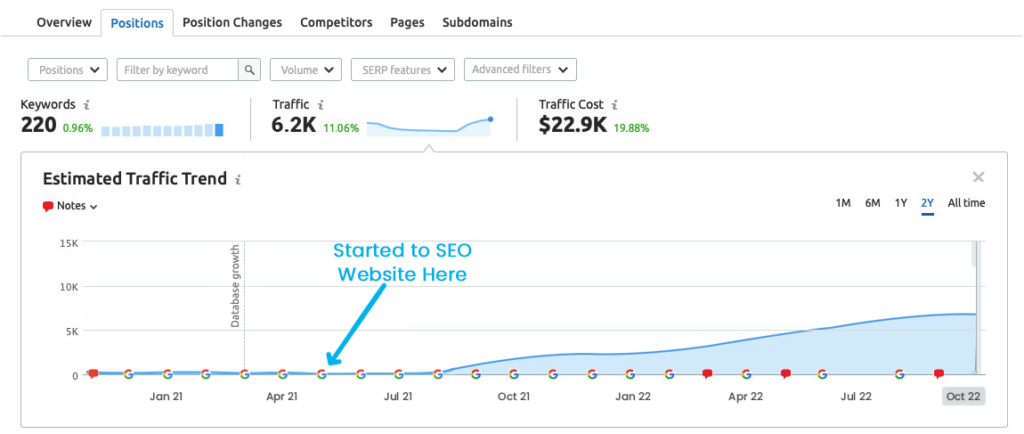
Site ranking was fairly simple a decade or so ago. By adding keywords to the URLs, title tags, body, and meta description, your website will soon be at the top of the SERPs. Now, things are different, and Google’s crawling algorithm is always changing. For instance, Google made more than 3,000 changes in 2018, or about 8.9 times per day on average. SEO is not a “one-time” tactic.
The Google Search Status Dashboard provides real-time updates and insights on any significant changes or updates made to Google’s search algorithms. This helps SEOs stay informed and tweak their strategies. By monitoring the dashboard, SEOs learn about algorithmic shifts that may impact search rankings.
SEO is not a precise science with a formula that can give you specific answers. Also, there is no governing body for SEO, so the responses to the question “how long does SEO take to update?” is a little ambiguous. We should try to understand how SEO works and the factors that help a site rank at the top of the search results page instead of trying to “guess” the right answers to this question. The factors affecting SEO results are further discussed in this post.
Your SEO services provider can explain the process in detail. However, if you are doing it on your own, read on.
Why Does SEO Take So Long to Produce results?
It’s almost impossible to see results right away because SEO is broken down into so many different sub strategies. There are various factors that Google needs time to figure out and some of them are:
- The importance of your page to a client’s inquiry
- What search purpose does your page take care of?
- How dependable and reliable your data is?
- If your keywords are utilized legitimately
- What are the pictures on your site?
- What amount of time does it require for your page to load?
- The number of backlinks you have on your page
The entirety of this data, and that’s only the tip of the iceberg, determines where you rank in search engine results pages (SERPs). That being said, Google needs to crawl your site and index your content before you can rank. Google wants to provide searchers with information that is as relevant as possible and the best user experience possible. In order to do this, Google shows results with the most relevant and valuable data in regards to a search term, and the more authoritative your site, the higher you will rank.
Also, Read: Affordable SEO Services for Small Businesses- 2024 Guide
What are the Factors that Affect SEO to Work?
SEO is not marketing. You can’t just pay and buy it. Therefore, you must demonstrate to Google that you are the best result if you want to rank first for a keyword. What amount of time search engine optimization requires to “work” relies upon many factors. Here are some of them:
- Quality of Content
- Number of high-quality backlinks
- Whether there are any hosting issues
- Website’s authority
- Has your website been penalized by Google?
- Website’s history
- Level of competition
- Existing on-page and off-page SEO strategies
- Available Resources
- SEO friendly design, architecture, and structure
Let us look at some of the factors in detail.
Website History
One of the most important factors that affects how long it takes to see results from SEO is whether or not you are working on a new domain. Due to the fact that it has not yet acquired any authority or backlinks, a new domain will almost always take longer to demonstrate success than an established one. In contrast, an established domain typically possesses some backlinks and has attained some level of domain authority. Instead of six to twelve months, a brand-new domain should anticipate results within nine to twelve months. However, just because a domain is well-established does not guarantee that you will experience quicker results. If the site has previously been affected by a penalty, an algorithm update, or SEO work that violates Google’s webmaster guidelines, you probably won’t see immediate results.
Also, Read: EAT Signals to Grow Your Website
Content
Content is still one of Google’s top three ranking factors. You’ve probably heard that content is king. How shall poor content perform well on the SERPs when Google’s objective is to provide the best possible results for a given search query? It is essential that you place a high value on creating excellent content that meets the needs of searchers, but you should also take the time to learn about what is currently ranking and how you can improve it.
Taking a look at the content that is already performing can teach you a lot. Low quality or even average quality content can imply that it takes more time to get results, while an incredible content that is painstakingly arranged out and adds a new value to a topic can assist your site with positioning quicker.
Competition
In low-competition niches and search queries, the results of the competition can be seen much more quickly than in competitive ones. Do you want to rank a website for personal finance-related competitive keywords like “credit cards”? It may take up to two years to reach page one visibility. On the other hand, it might be possible to attain promising results within three to six months for local or less competitive keywords. Keyword Difficulty, a parameter which is referred to as KD% ranges from 0 to 100 percent, and higher the percentage, the more challenging it will be to rank for.
You ought to anticipate that it should take more time to show results against high KD % keywords. However, competition means more than just Keyword Difficulty. You need to think about how your rivals got to where they are now and what they’re doing to keep their visibility. Your competition, as well as the aggressiveness of other people’s strategies, must be taken into account when developing your strategy and projections.
Backlinks
Backlinks are one of Google’s top three ranking factors, along with content. These are signs of trust and notoriety and can supercharge a site’s rankings. After all, links are basically endorsements of trust between two websites. But you need to know that getting high-quality backlinks rarely comes easy. It usually entails creating excellent content that other people want to link to, which takes time. Additionally, closing a significant link gap with rivals can take time. However, not all links are created equal, and links of higher quality have the potential to move rankings up faster than links of lower quality. You can work on increasing your backlink portfolio, but keep in mind that closing a significant link gap can take some time.
Utilize social media marketing to promote the content and engage your audience. Look for additional ways to repurpose the content into snippets and shorter posts to make the most of your time and effort. This will give you more time to concentrate on other things and increase your SEO success even further. Marketers must concentrate not only on the quantity of links but also on their quality. Your efforts to optimize will be hindered by links from disreputable, low-quality websites that will cause more harm than good. If you get a lot of links in a short amount of time, Google will probably be suspicious and think that you used black hat SEO. Before you begin to see results, the legitimate way to set up a backlink profile takes time and effort.
Resources
Neither the competition nor the history of a website are under your control. In any case, what you can control is the resources that are used towards a SEO project. It is essential to have a thorough understanding of how this significantly influences the amount of time it takes to get results from a campaign. The quicker you typically see results, the more resources you can devote to SEO. Time is the most important resource you need. If one website works with their chosen specialist for five days a month, while another only works with theirs for two days, naturally, the former will anticipate quicker outcomes.
Be aware that discussions about the amount of time it takes to see an impact must take into account the resources that have been allocated, and that the best way to reduce this is to allocate more money to the project. At the beginning of a campaign, it is often sensible to compile a backlog of action points outlining all of the opportunities and actions, then prioritize these based on the resources available. This can demonstrate the untapped opportunities that could be realized with additional investment.
SEO Friendly Design, Architecture, and Structure
An enormous part of site traffic and ranking includes your site’s design, CMS framework, and URL structure. These factors have the potential to lower your page ranking if handled improperly. For a high ranking, you want to make sure that your website’s architecture and URL structure support proper optimization. Because more than half of internet searches are conducted using mobile devices, it is essential to select the appropriate responsive design for mobile optimization. Additionally, more than 90% of internet users report using multiple screens on their devices. By having a responsive design, you’ll guarantee your site works appropriately on all gadgets.
Google has also recently implemented a mobile-first strategy, which means that it will crawl mobile pages first when determining rank and indexing. Your position in the SERPs will almost certainly be affected if you have a bad mobile experience. Make the effort to run your website through Google’s Mobile-Friendly Test, and if necessary, enlist the assistance of a developer to ensure that your mobile presence is up to par. You also have to look at large CSS and Javascript files, which are connected to external files.
Strategy
Half the battle won is if you have a good strategy. You will have a better chance of getting results faster if you have a comprehensive SEO strategy for approaching your target keywords. You might want to rank for a lot of important keywords, for instance. Nevertheless, they are all fiercely competitive. Therefore, if you devote all of your resources to attempting to rank for these keywords, it might take several months or even years for you to see any results. Alternatively, you can slowly work your way up to your most important keywords by first focusing on topics with business value and low competition. Like that, you can in any case produce a natural traffic to your webpage, while collecting links, site authority, and everything else needed for you to rank higher.
We are all aware that high-quality content is essential for achieving SEO goals; consequently, you really want to invest a lot of energy thinking up a strategy and executing it successfully. You have a long road ahead of you if the content on your website is not authoritative and relevant. You’ll need to fix your website’s content and plan how to create and publish more content. Consider the ranking factors that Google uses to evaluate pages as you create content. This indicates that a strategy’s success depends on a firm grasp of its Quality Rater Guidelines, familiarity with its algorithm updates, and commitment to staying abreast of any new developments or updates. This is not at all a quick fix, and it will take months to see all of the results, but they will have an effect on the long run.
Errors, Penalties, and Hosting Issues
Before you worry about how long it will take for SEO to work, think about fixing any damage that has already been done. Recovery from Google penalties, unreliable website hosting, and SEO errors takes longer. Resolving these errors can yield positive results in as little as two weeks, depending on the number of broken links, 301 redirects, and inconsistent optimization. However, keep in mind that Google does not index each change simultaneously. Some aspects might see an increase quickly, but not all. Remember, that when you update or make changes to any pages, you need to depend on Google to find those changes and yet again crawl the page. This doesn’t happen immediately, and sometimes it takes a few crawls for the changes to become apparent.
Fixing problems with crawling and robots.txt, sitemaps,.htaccess, web.config files, and other parts of your website’s architecture and linking structure are other common SEO issues. After resolving the issues, you will typically begin to see results fairly quickly, but not always. For instance, in the event that you’ve refreshed a couple of links on a sitemap, you might get results soon; however, it might take a few weeks if you’ve updated a lot of links. When compared to newer sites with fewer links, older sites update more quickly, especially when there are more inbound links.
Quick Recap
Your website will rank higher and perform better for SEO success, if…
You set goals that are both practical and realistic: Low-quality SEO may result from unhealthy pressure caused by unrealistic expectations. You might be able to focus on quality content, quality backlinks, and SEO-friendly website design and structure by working with a reputable SEO agency to help you set manageable goals.
The quality of each backlink is more important than the number: Your website will suffer in the long run if you spam it with a million backlinks from low-quality domains. Instead, focus on quality rather than quantity. Black hat SEO is never something you should try.
Avoid penalties, issues with hosting, and errors: These are obstacles in the way of
SEO optimization.
Google focuses on user experience: As a result, for mobile optimization, choose a design that is highly responsive.
Utilize an SEO tool like SEMrush or KWfinder to evaluate your rivals and select high-ranking keywords.
To Conclude
It is essential to keep an eye on your website after you have put your strategy into action to make sure it gets the desired results. SEO is a long-term strategy; A successful strategy necessitates regular monitoring and reporting. The channel can be seen as a long-term, ongoing strategy, which can help to justify the investment in SEO.
Typically, you will see results sooner if you allocate more resources, but every website is unique. Before estimating when success could be seen, it is essential to pay close attention to the technical issues, the quality of the content, and the strength of the link profile and work tirelessly through the best SEO practices to advance your ranking among SERPs. Keep in mind that content is king, and you can get faster results by using tools and hiring reputable SEO agencies.
FAQs
How long does SEO take to start showing results?
The response to this question varies, but a solid SEO strategy should pay off within six months. However, be aware that you may not see results for up to a year. Although some website owners claim to see results within two weeks, putting speed ahead of sustainability will hurt you in the long run because Google may label your website as spam.
Why does it take so long for SEO to work?
Simply put, the search engine algorithms have become so sophisticated that SEO takes so long. You can no longer just stuff your page with keywords to get on the first page of a SERP. There are now a lot more aspects and factors that influence a page’s ranking and results in a good SEO strategy.
Should SEO be done on a regular basis?
An SEO strategy is like any other digital marketing strategy in that it is always evolving. Trends and current events will determine the keywords and content your audience is interested in. As a result, it’s critical to keep your SEO strategy growing and evolving.
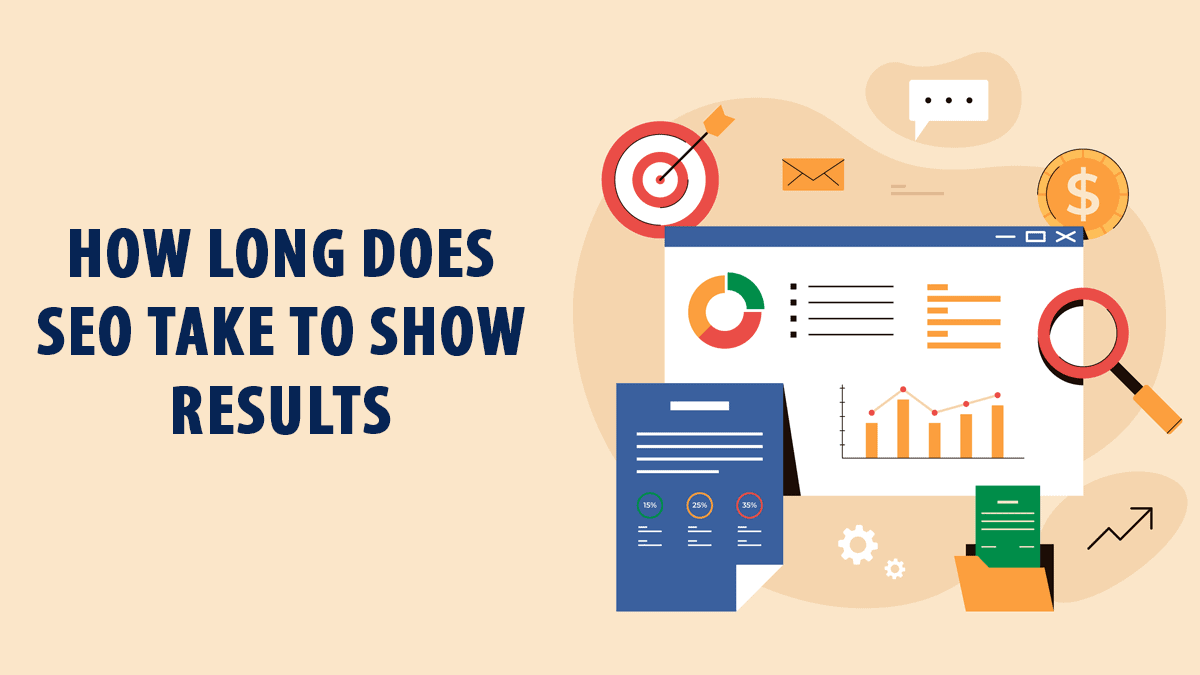

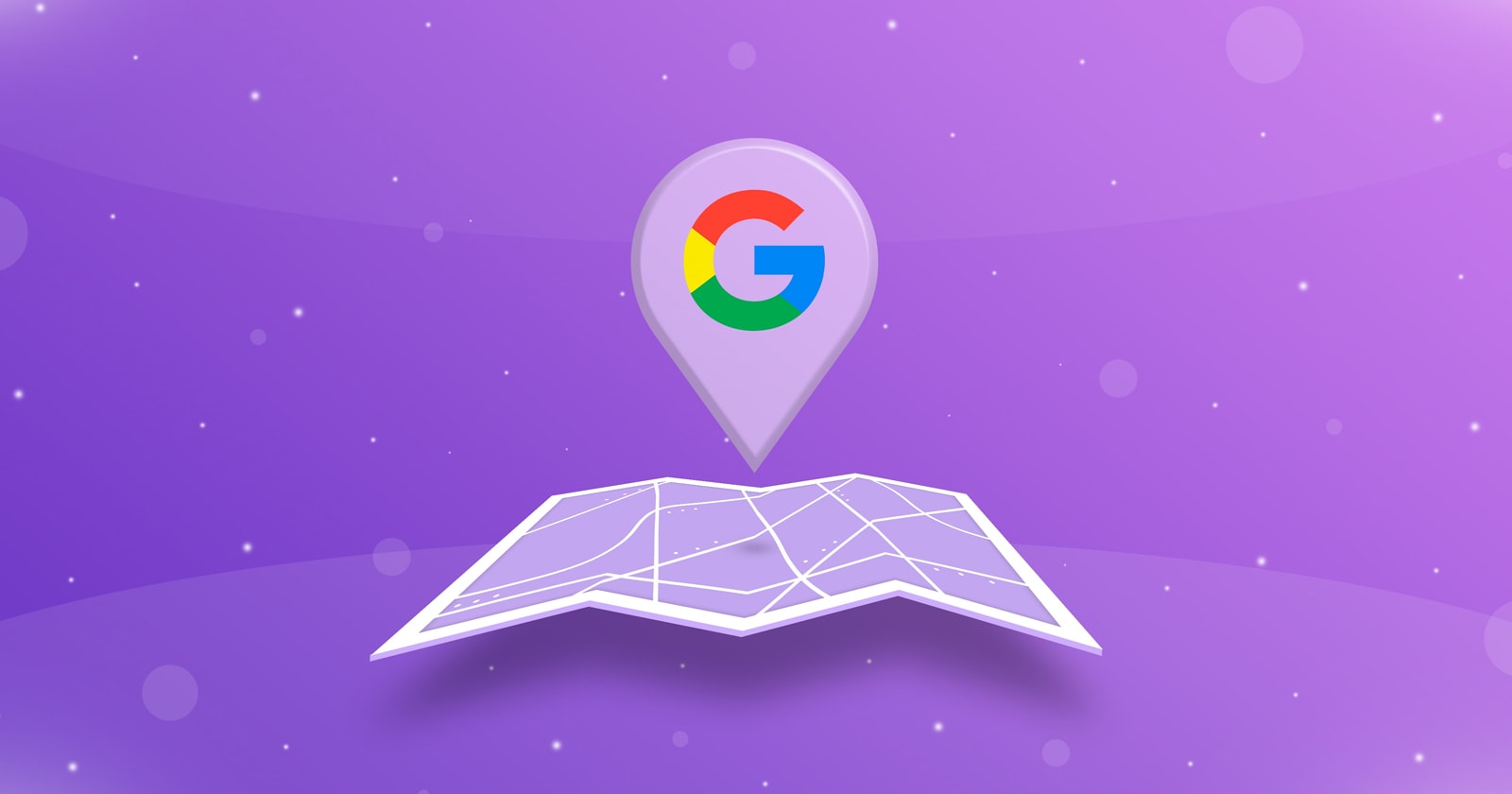



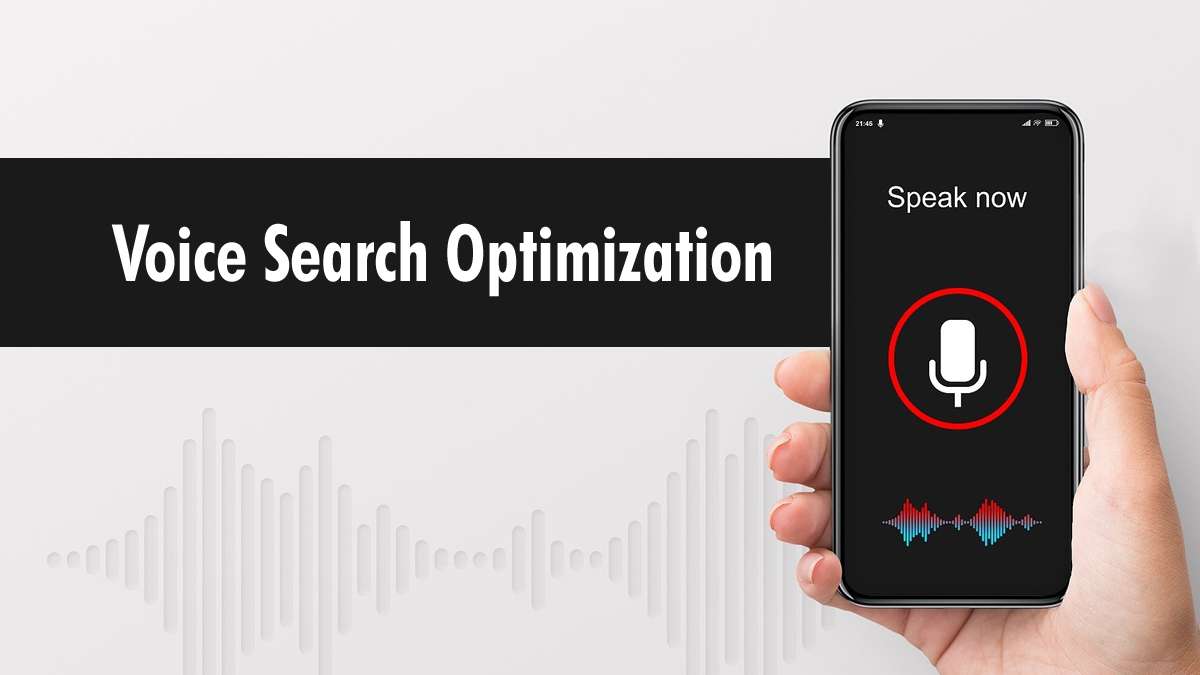
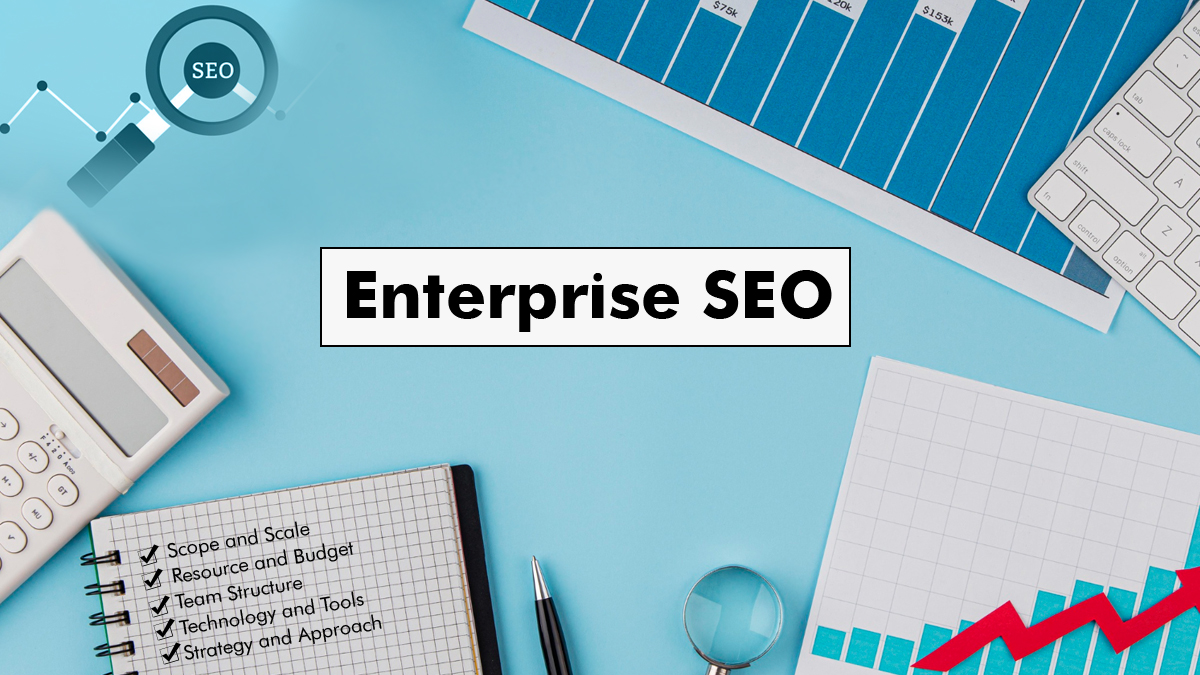


















 RSS Feeds
RSS Feeds